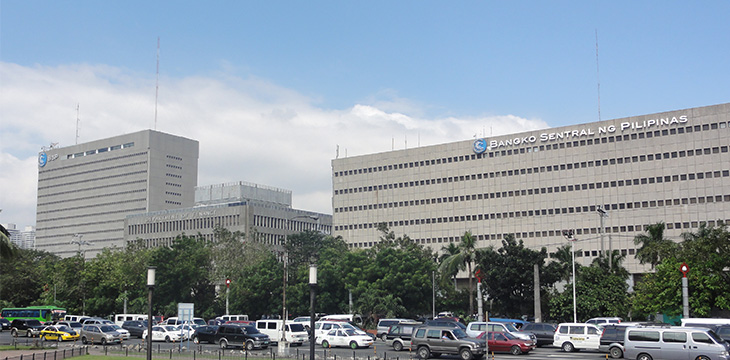
The Philippine central bank has issued a warning to the public about the possible risks associated with the use of cryptocurrencies. The Bangko Sentral ng Pilipinas (BSP) also pledged to continue addressing these risks.
Speaking during a recent event, BSP’s governor Benjamin Diokno expressed his concerns on the use of digital currencies, especially in regards to the financing of terrorism activities. The country must therefore be cautious with cryptos, he stated according to a report by Philstar Global.
The governor’s views were backed by his deputy, Diwa Guinigundo. He believes that cryptocurrencies are a limited substitute for fiat currency as a medium of exchange, a store of value and a unit of account. The volatility in value of most cryptos further compounds to the challenge.
But while cryptos may be limited in use, blockchain technology could revolutionize the banking industry, Guinigundo stated. Peer-to-peer payment systems built on the blockchain could “potentially bypass the banks and banking system in general,” he stated.
Even then, the functions of a central bank will still be needed. He explained: “For this reason, game theory dictates possible dysfunction when there is market breakdown, when everyone may distrust one another. There cannot be a total disregard for a central bank or a third party that provides lender of last resort facility.”
The deputy governor further revealed that with any new technology, the BSP uses the regulatory sandboxes approach. This allows it to encourage and foster innovation, all while protecting the consumers.
The report by Philstar also revealed that the crypto market in the country has flourished, with transactions almost doubling in value. According to data from the BSP’s Technology Risk and Innovation Supervision Department, the value of crypto transactions in 2018 hit $390.37 million, up from $189.18 million in 2017. Of this, $8.77 million resulted from international remittances.
The BSP has been closely monitoring the crypto industry. In 2017, it released a circular that required all crypto exchanges to register as remittance and money transfer companies. This would help combat many of the risks that the industry poses, the regulator said at the time. It would also enable the regulator to enforce measures that minimize risk of money laundering and terrorism financing. Under the new regulatory regime, the BSP has approved the registration of 10 crypto exchanges. They include Coins.ph (Betur Inc.), Virtual Currency Philippines Inc., Coinville Phils Inc. and Remittance International Corp.

 09-21-2024
09-21-2024


